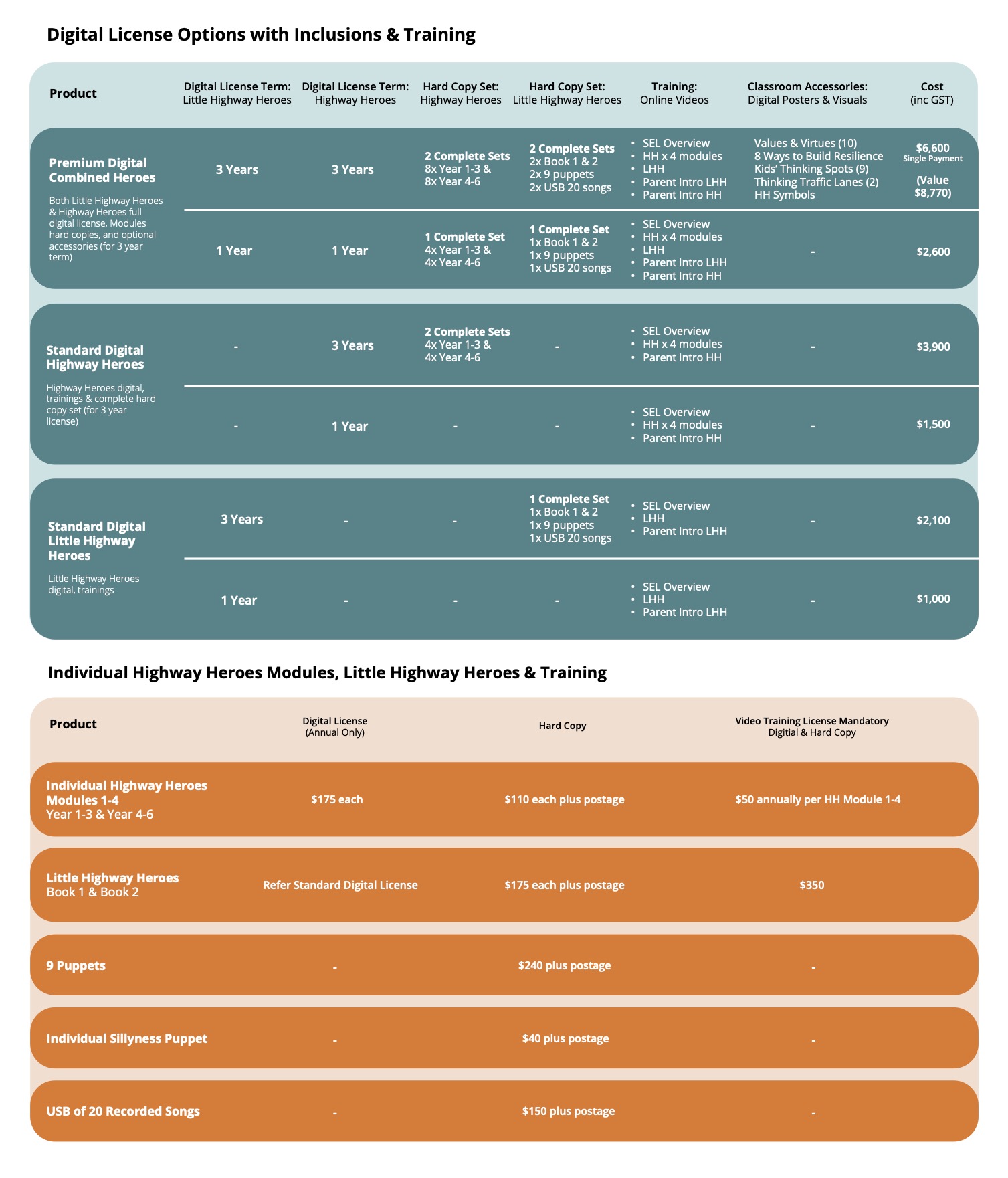That “helicopter parent” is depleting her child’s initiative. That “unsupportive parent” never monitors his child’s homework. That “irrational parent” never listens to reason. That “enabling parent” lets her child get away with everything. That “invisible parent” never shows up and obviously doesn’t care.
Sound familiar? Our entire society is quick to judge parents, and those of us who work with children on a daily basis are most vulnerable to the parent blame game.
What’s wrong with the blame game?
There is no doubt that dealing with 20-30 sets of parents, each with their own ideas about what’s important for the most precious people in their lives is challenging. (Okay, that might be a bit of an understatement.) But pointing fingers is only going to make the challenge greater.
The problem with the blame game is that it poisons relationships. Even a slight hint of blame can make a parent defensive. As teachers or therapists we are then sent into overdrive to overcome that defensiveness. Before you know it a battle of wills is underway, making effective cooperation impossible.
Studies show that when parents have negative or uncomfortable interactions with school and teachers it may cause them to disengage.[1] If you are a teacher or therapist tired of dealing with a difficult parent you might be thinking this is a good outcome. Better for the over-demanding, irrational or angry parent to “just get out of the way and let me do my job”.
Tempting as it may be to wish parents “out of the way”, the loser will be the child. Studies demonstrate clear, measurable benefits for children when their parents are actively engaged in their learning.[1] The positive effect of an engaged parent is so strong, it has been shown to outweigh other factors that statistically limit a child’s potential, including socioeconomic background, parental education and the quality of schooling.
Playing the blame game is not worth the downsides of discord and disengagement with their ultimate risks for the child.
Advising parents without making them feel judged
Avoiding the blame game doesn’t mean avoiding difficult parent conversations. Sometimes parents are going to need to hear things that make them unhappy or uncomfortable. But difficult conversations don’t need to create difficult relationships if handled well. Here are some tips for non-judgmental communication.
Laying the groundwork
A difficult conversation will always be made less difficult if you have done some initial work to establish a sense of being on the same team.
Listen to the parents’ goals
While parents, teachers and therapists all feel they “want what’s best for the child”; each has a very different perspective on what that means. Studies show that teachers tend to control parent/teacher meetings, resulting in parents feeling their own goals are not being addressed. Actively listening to the goals and aspirations a parent has for their child will help when it comes time for a difficult discussion.
Focus on the positive
It is very difficult to start a cooperative relationship from a position of criticism or negativity. We use the rule that for every negative comment, parents need to hear at least 3 positive comments. (Some experts say that ratio is more like 7 to 1!) The more groundwork you have laid by providing positive feedback to parents, the easier it will be to gain their cooperation in dealing with negative feedback.
Find out how parents prefer to communicate
Most people have a method of communication that makes them most comfortable. Find out if parents prefer a phone call, face-to-face, email or text message and try to use this method when possible.
During the difficult conversation
The most important thing with any difficult conversation is to think before you speak. Plan what you are going to say in advance, and think twice before responding.
Choose your starting words carefully
Maya Angelou famously said, “People will forget what you said…but people will never forget how you made them feel.” If you want cooperation, choose words that avoid making parents feel threatened or undermined. Consider the following:
- Avoid overly exaggerated statement like, “I’ve never known a child to…” or “This is the first time I’ve seen…”. Even if it’s true, this language will only raise the hackles of parents. Instead keep language neutral and factual, using phrases like, “What might be helpful…”.
- Preface comments with phrases like, “In my experience…” or “What my experience as a teacher (or therapist) has taught me…”. This recognises that you are approaching the problem from a different perspective than the parent.
- Use words like “I’m wondering if….” to position yourself as a curious observer rather than a judge and jury.
Be clear and always have examples
When delivering uncomfortable news to parents it’s important to be very clear in your message. Wherever possible have examples. If you are discussing a students poor performance on homework have examples of the child’s work, but also have examples of work that is at a level you would expect.
Provide parents with helpful tools
Most parents want to be able to support their child, but often they will feel that they don’t know how. There are plenty of tools and tips available that you can share with parents. Our Parents & Kids Notebooks on Fixing Friendships or Beating Bullying and Teasing can be helpful if parents want to help a child facing social issues.
Don’t be afraid to defer
If a parent comes up with a question that completely floors you, it’s okay to ask for time to reflect. A considered response is almost always preferable to a knee-jerk reaction.
[1] See November 2014 Research Digest written by Kate Perkins, Senior Researcher for Australian Council for Educational Research (ACER), for the Queensland College of Teachers.

